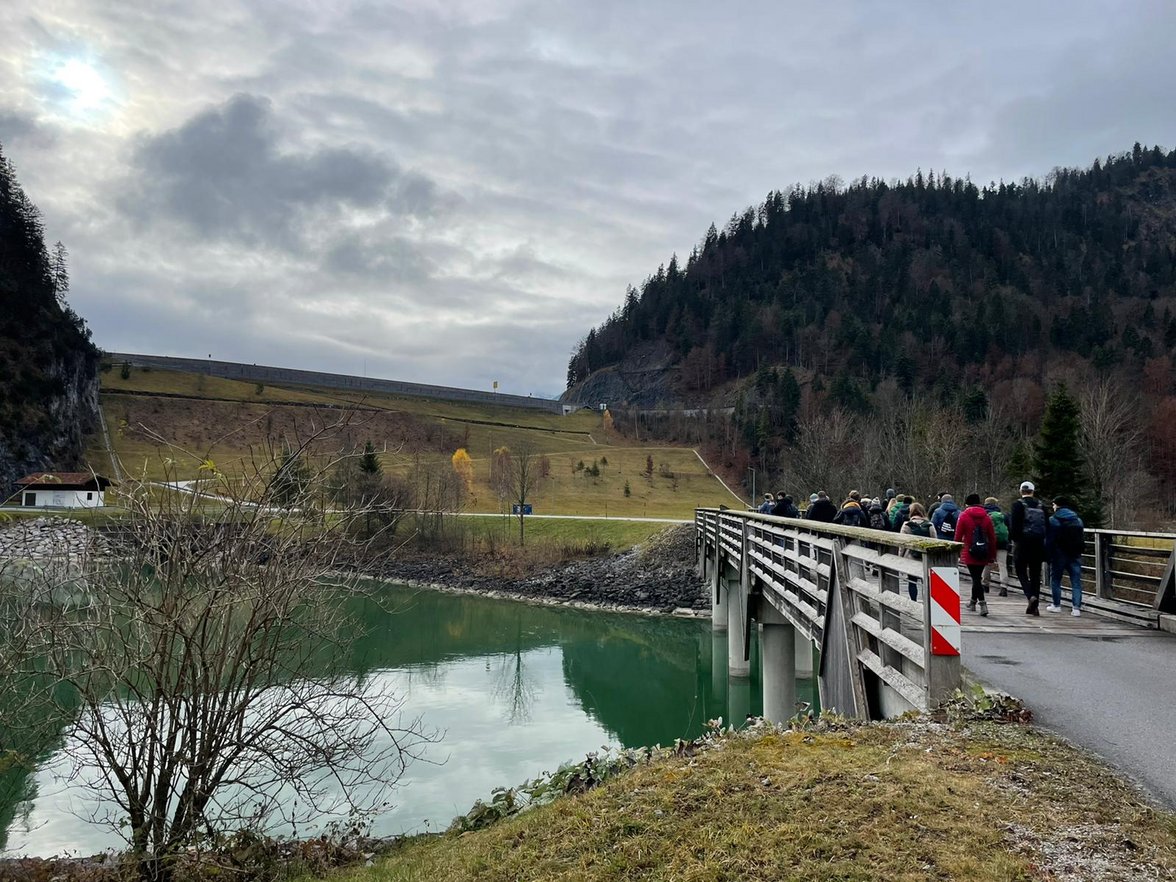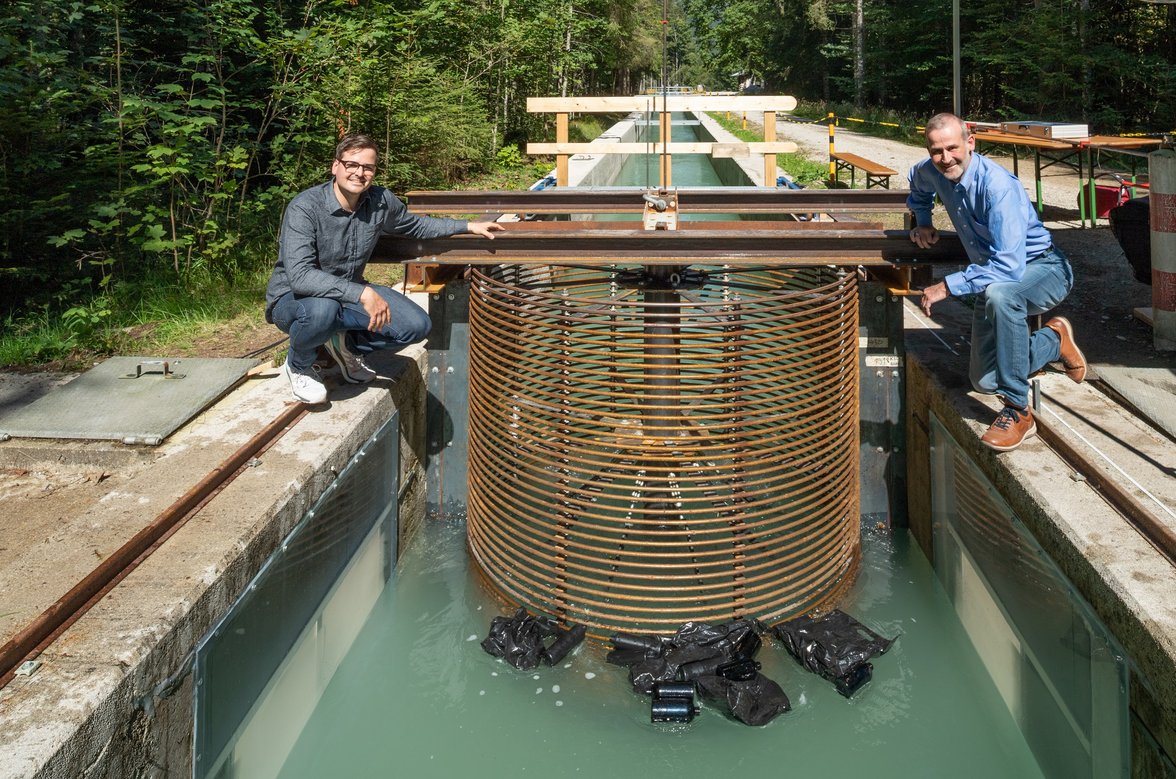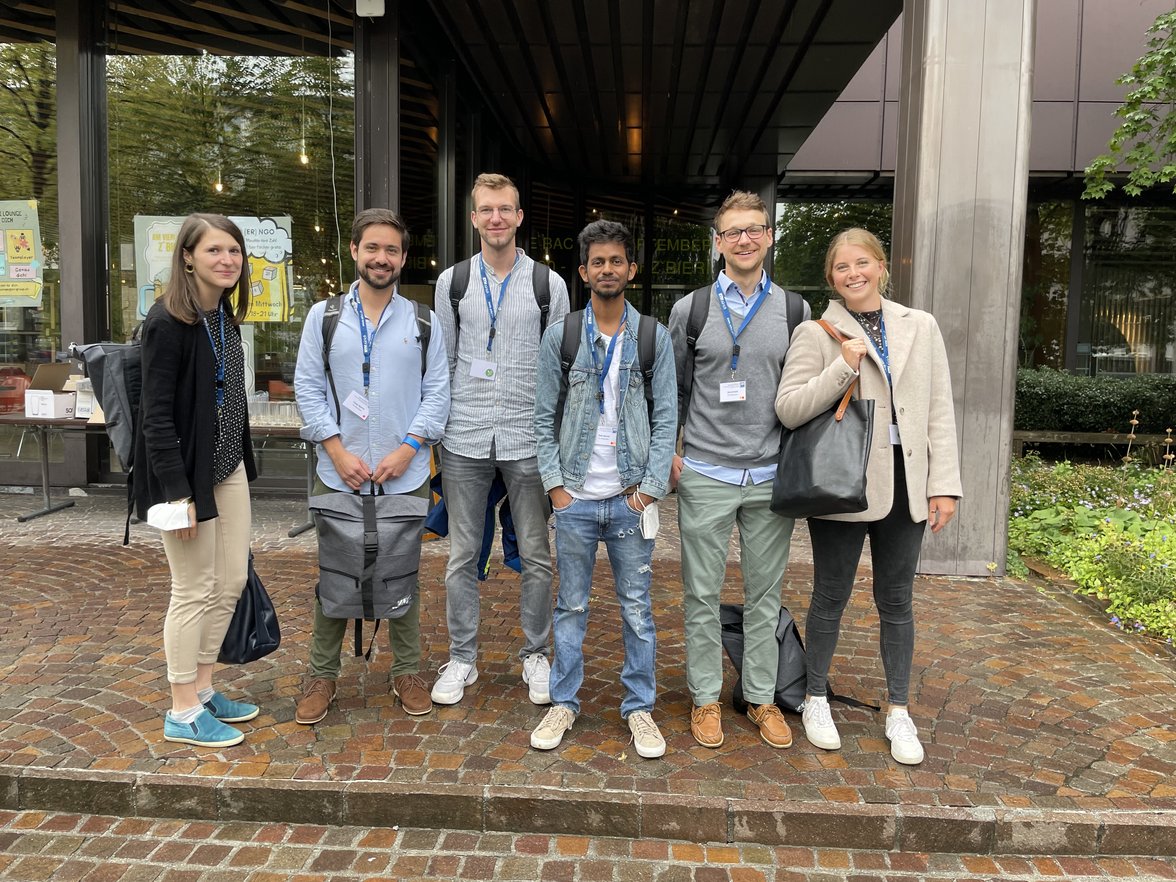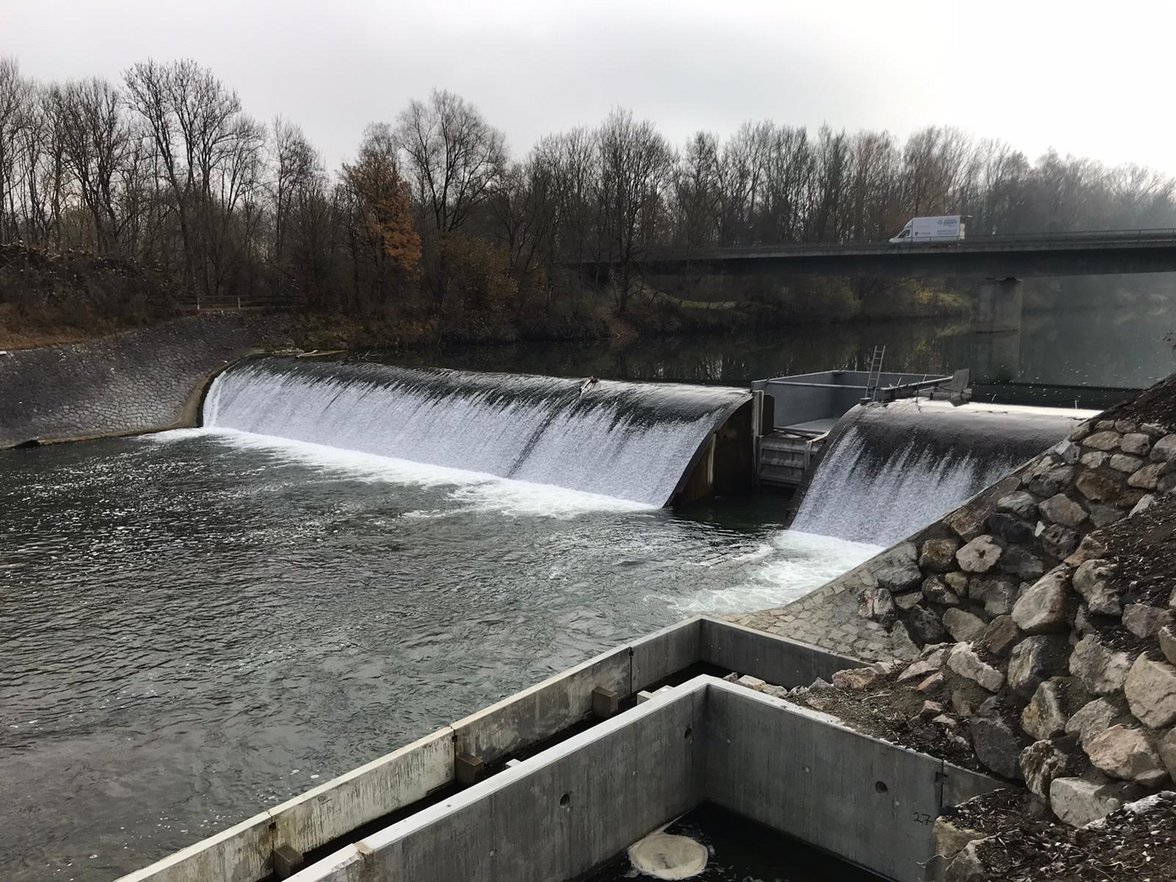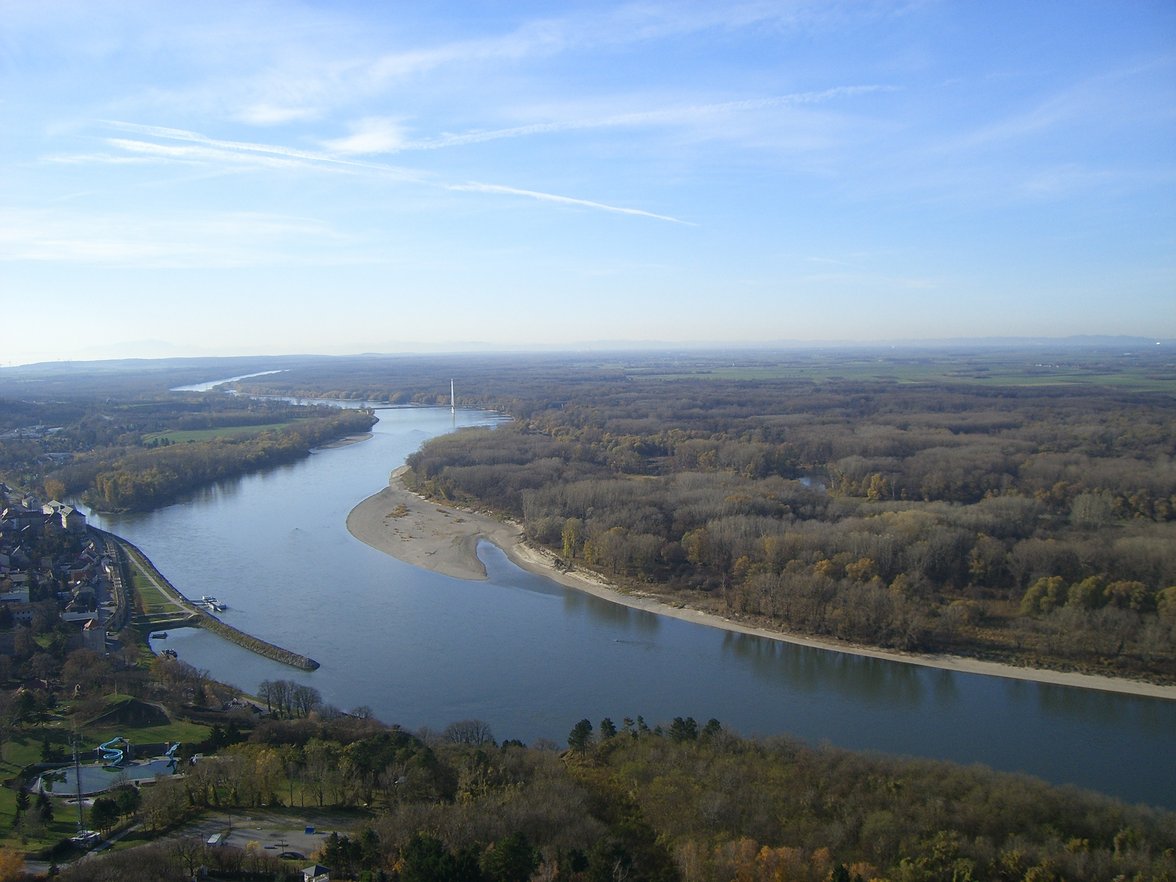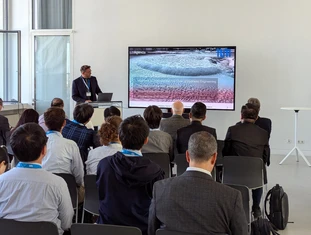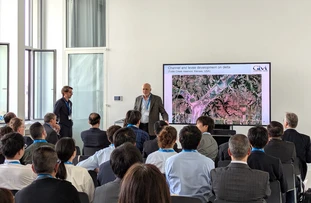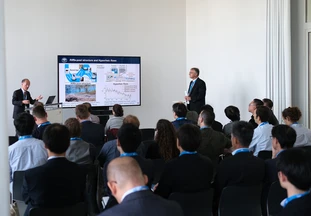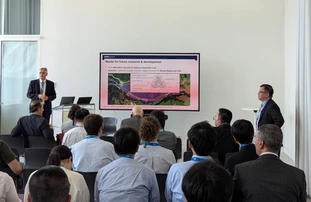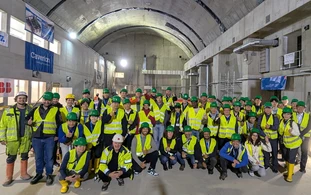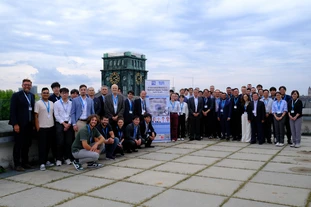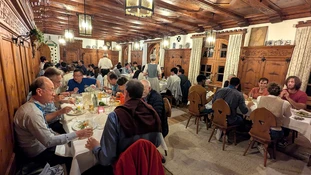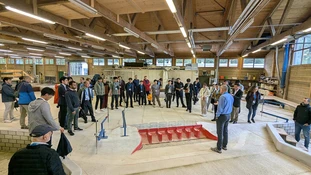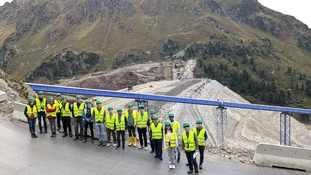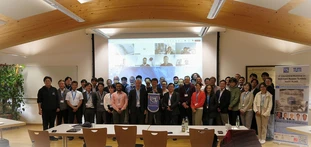Chair of Hydraulic Engineering
Welcome to the website of the Chair of Hydraulic and Water Resources Engineering. Here you will find information on our research and teaching activities as well as on our laboratories, the Obernach Research Laboratory and the Dieter-Thoma Laboratory.
Study project and thesis for students
If you are interested in a study project, bachelor's thesis or master's thesis at the chair, you can find the offered topics here. You can also contact the members of the chair named there.
Available topic: Numerical Modeling (CFD) of Scour Downstream of Submerged Weir using sedFoam
Latest:
4th International Workshop on Sediment Bypass Tunnels
The 4th International Workshop on Sediment Bypass Tunnels (SBTs) was successfully conducted by the Technical University of Munich (TUM) from Sep 8 to Sep 10, 2025.
The three-day program comprised 6 technical sessions, including 5 inspiring keynote lectures and 34 paper presentations, covering a broad spectrum of research and practical advancements in SBTs. The opening session featured Prof. Tetsuya Sumi’s keynote on sediment routing strategies and was followed by engaging presentations on sediment transport mechanisms, bypass tunnel maintenance, desilting efficiency, and abrasion countermeasures. Subsequent sessions highlighted topics such as field monitoring in the USA (Mud Mountain SBT), sediment replenishment in Japan, abrasion forecasting using machine learning, and environmental changes linked to sediment sluicing.
Day 2 was dedicated to an excursion in the Alps, offering participants a unique opportunity to connect theory with practice. The visits to TIWAG’s high-head hydropower plant and hydropeaking retention basin at Silz and the under-construction pumped storage hydropower plant at Küthai showcased real-world challenges in design, operation, and environmental management. The overnight stay in Innsbruck fostered networking and exchange among academia and industry professionals.
On Day 3, the workshop continued at the Oskar von Miller Research Institute in Obernach (TUM), with keynote presentations such as Prof. Tsang-Jung Chang’s integrated assessment of reservoir sediment management in Taiwan and Prof. Zulfequar Ahmad’s physical model study of tunnel spillways in India. Technical sessions highlighted innovative contributions on sediment simulation, optimization using machine learning, and sustainable sedimentation management strategies from across the globe. The day concluded with a guided visit to the Hydraulics Laboratory in Obernach, underlining the importance of physical model studies and academia-industry cooperation in advancing SBT technologies.
The workshop brought together 60 participants from 11 countries, with 58% from academia and 42% from industry, ensuring a rich and balanced exchange of knowledge. This diverse participation reflects the importance of strong academia-industry cooperation for the successful planning, design, construction, and maintenance of SBTs and related hydraulic structures.
We sincerely thank our keynote speakers – Dr. Gregory Morris, Prof. Robert M. Boes, Prof. Tetsuya Sumi, Prof. Tsang-Jung Chang, and Prof. Zulfequar Ahmad – along with all participants, authors, and colleagues from TIWAG (especially Dr. Martin Schletterer) and TUM for their invaluable contributions.
Special thanks also go to our collaborating institutions:
🤝 Norwegian University of Science and Technology (NTNU)
🤝 FH Münster
🤝 ETH Zürich
🤝 Kyoto University
🤝 National Taiwan University
🤝 National Chung Hsing University
🤝 TIWAG-Tiroler Wasserkraft AG
With its mix of inspiring lectures, field excursions, laboratory visits, and international networking, the 4th SBT Workshop successfully advanced global dialogue on sustainable sediment management.
We look forward to seeing you all again at the 5th International Workshop on Sediment Bypass Tunnels in 2027, Japan!
